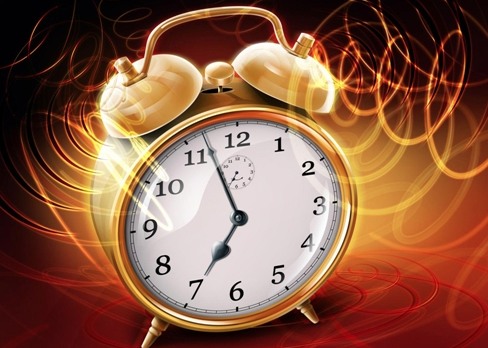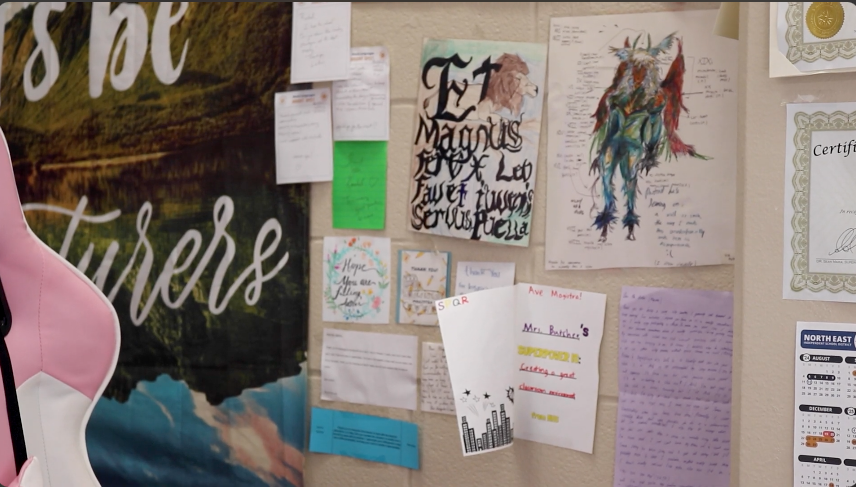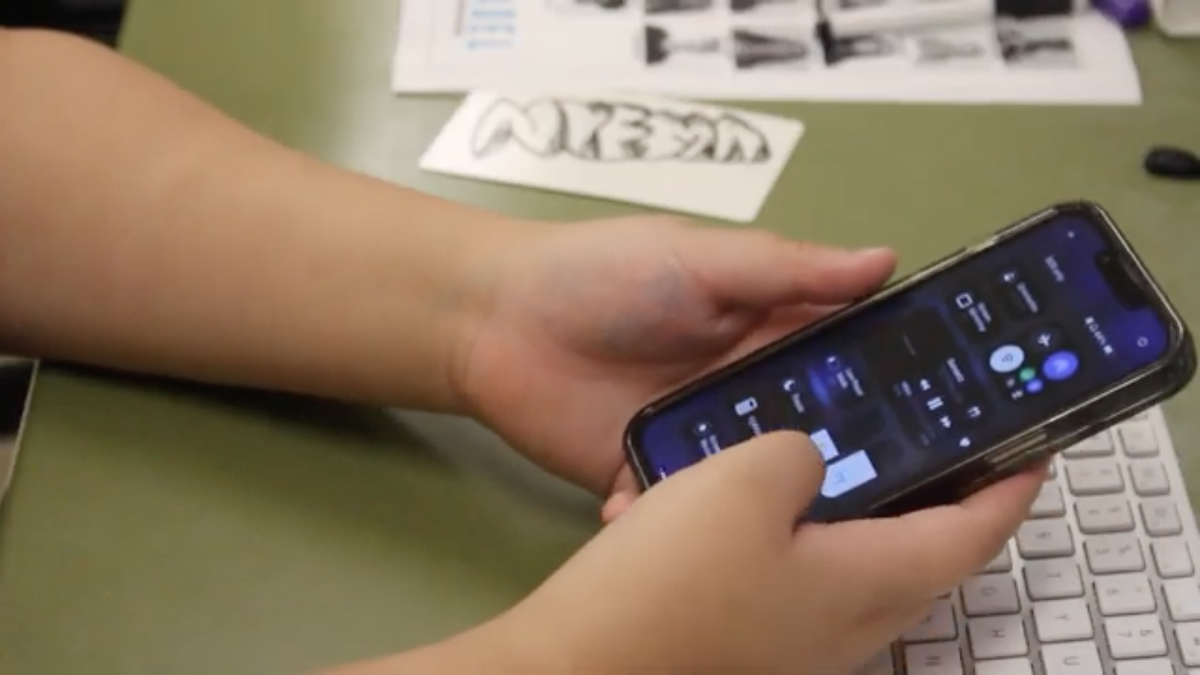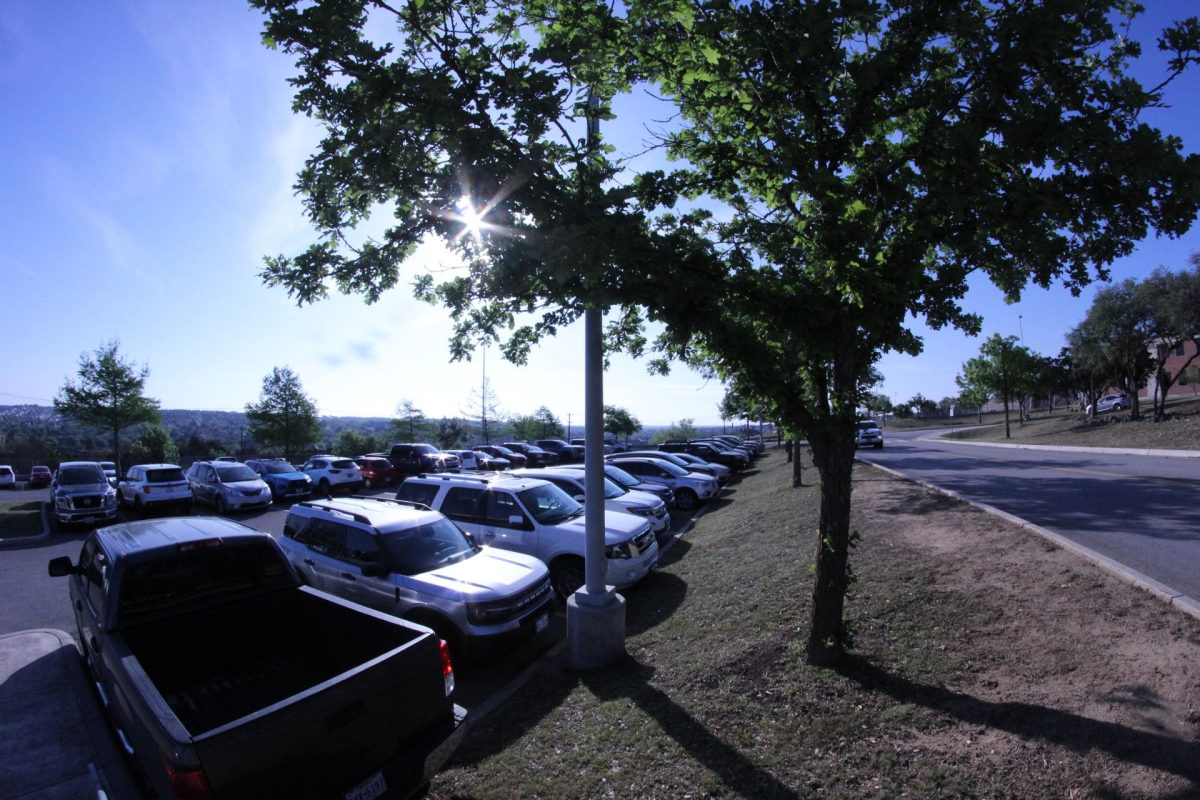Caitlin Glenn | Staff Writer
You’ve heard it all your life: “Try and get 8 to 10 hours of sleep every night.” But for any given high school student, how reasonable is that demand?
The average high school student wakes up at 7:30 in the morning and doesn’t get home from school until about 4:30. That’s 9 hours of the 24, and that’s just without any extracurricular.
Additional activities outside of school can take between 1 and 4 hours every day. Now you’re at about 12 hours out of the 24. Dinner and a little bit of time to decompress adds an additional hour, and all before you’ve even started your homework. For a student taking anywhere between 3 and 6 AP classes typically have to spend 3 to 5 hours completing all their assignments. That puts you at right about 16 hours out of the 24, if you’re lucky.
And how many students only have those activities? Teenagers demand a break, whether it be through hanging out with friends, watching TV, or even just sitting and taking a break for a little while. Those things take time- time that most students don’t have. So where does the time come from? Sacrificed sleep.
“Oh gosh. Sleep varies a lot depending on homework, but I always get less than 8,” junior Madison Ersch,taking 4 AP classes, said. “I have soccer practice, choir rehearsals, and then the rest of the time I’m up ridiculously late doing homework.”
“I usually get about 7 hours of sleep,” junior Riddhi Kumar, taking six AP classes, said. “On a usual day it’s mostly because of school work, spending time with friends, and browsing the net, and then sometimes I have later nights when I make time to exercise or read.”
Beyond not having enough time in the day, most students are completely exhausted by the time they get home from school.
“I get about 4-5 hours of sleep every night,” junior Meredith Lee, taking six AP classes, said. “Usually I’ll do homework in my bedroom and so since I’m working on a bed it’s really easy for me to fall asleep and then spontaneously waking up in the middle of the night and having to finish everything that I was still working on.”
They tell you to get 8 to 10 hours of sleep for a reason. The human needs to time to rest and recuperate at the end of the day, and the less sleep you get, the worse off you are.
“I’m exhausted by lunch, and it’s honestly hard to stay awake during school running on that amount of sleep, let alone focus in class,” Ersch said.
“I’ve gotten pretty used to getting less than 8 hours of sleep,” Kumar said. “I don’t really notice any adverse effects anymore, but I know that I definitely see a lot of other grumpy, tired kids in the hallways and in my classes.”
The problem is, we need sleep. Just because a person doesn’t notice if they’re tired doesn’t mean their body isn’t feeling the effects of sleep deprivation.
“The biggest concern with people that don’t sleep enough is going to be anxiety and not getting enough oxygen in the body, which can eventually lead to a heart attack,” Carlos Sanchez,Clinical Rotations and EMT teacher, said. “It also puts a lot of stress on the body, because since you’re not relaxing your body will tense up and release a lot of neurotransmitters, like adrenaline, and these are the types of chemicals that the body doesn’t want.”
Not getting enough sleep has a myriad of negative influences on a person’s health: weight gain, increased susceptibility illness, and increased anxiety, to name just a few.
“The body doesn’t produce more oxygen while you’re sleeping but your metabolism does go down and allows the heart to relax,” Sanchez said. “People who get less sleep tend to have more hypertension than others.”
“During the day you’re constantly releasing things like dopamine and epinephrine, which are excitatory neurotransmitters,” Sanchez continued, “while at night you don’t release chemicals- you mostly release serotonin, which helps you to relax.”
So if we need this sleep, and we’re not getting it because there’s simply not enough time, what is left to do?
“If someone else wanted to get more sleep I’d tell them to not procrastinate and work more efficiently,” senior Maleeha Syed, taking 6 AP classes, said. “Prioritize between sleep and social networking and things like Netflix.”

“The only way I could really get more sleep than what I’m getting now, and this goes for pretty much everyone I know, is to not take as many AP classes or be less involved in school activities,” Ersch said.
It’s hard to place the blame on any one thing, because it’s a culmination of things that causes a problem. An hour of homework doesn’t become a problem until you’re having to do the same thing for 5 other classes. Students know what they’re signing up for when they take on difficult courses and extracurriculars, and schools need 8 hours a day to teach all the materials.
“The work isn’t always terrible, it’s just that it’s hard to sit down and do it all,” Lee said.
Additionally, Johnson opens later than other schools. In other school districts, schools can start as early as 8:00 which, in comparison to Johnson’s 8:45, means nearly an hour less sleep than the students in NEISD are getting.
The trade-off is, of course, that other schools get out earlier and students therefore have more time to work on homework and extracurriculars outside of school hours between the end of school and whatever time the students go to sleep.
There’s only so much that anyone can do, but this much is clear: students need more sleep than most of them are getting.
For more information on the effects of not getting enough sleep, check out this site.








